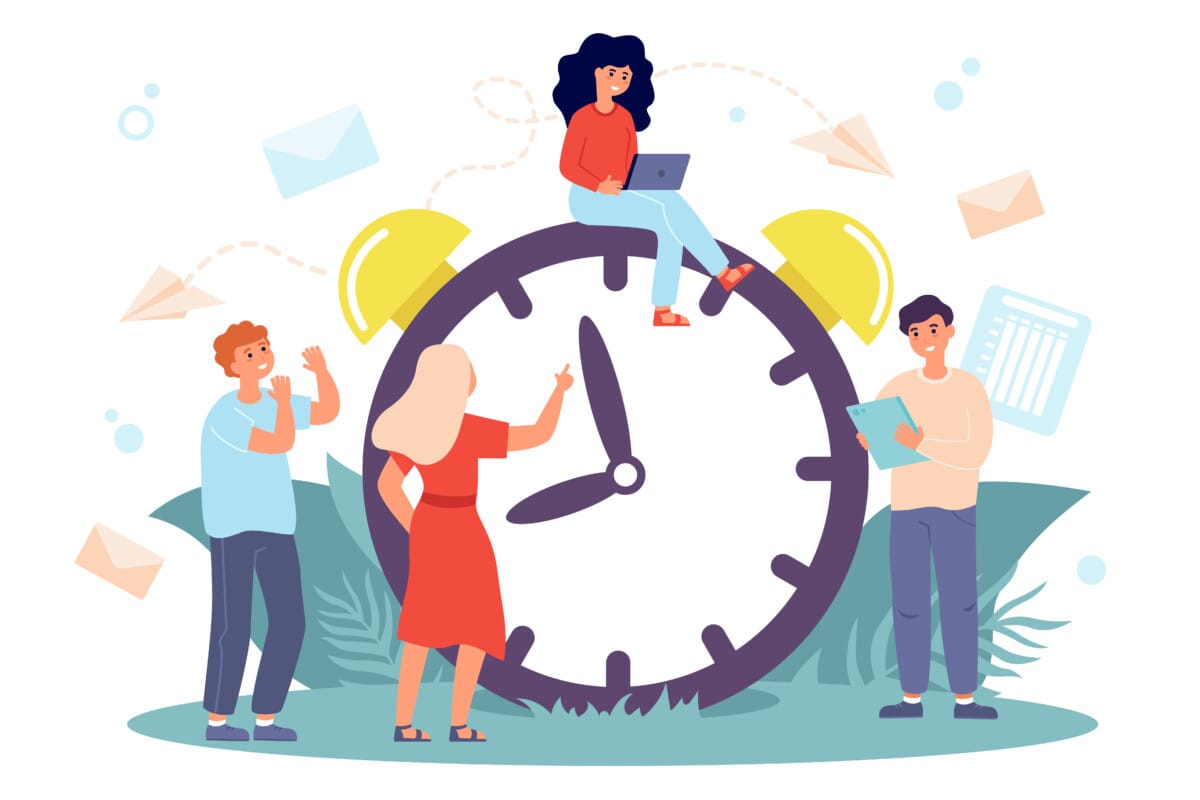How to Say Sorry Without Sounding Too Casual or Too Formal
Apologizing is an important skill in both personal and professional settings. In English, knowing how to say sorry politely can help you maintain good relationships and show respect. Whether you’re admitting a mistake or expressing regret, choosing the right words makes all the difference.
For formal situations, phrases like ‘I apologize for the inconvenience’ or ‘I’m terribly sorry about that’ are appropriate. For example, if you miss a meeting, you might say, ‘I apologize for the delay; it won’t happen again.’ These expressions are polite, professional, and sincere.
In casual settings, softer phrases like ‘I’m really sorry’ or ‘My bad’ can sound more natural. If you accidentally bump into someone, saying, ‘Oops, my bad!’ is perfectly acceptable.
When the mistake is minor but you still want to sound thoughtful, try using ‘I’m afraid…’ or ‘I’m sorry to say…’ to introduce bad news gently. For instance, ‘I’m afraid I can’t join the meeting tomorrow.’
Lastly, adding a solution or way to fix the issue shows responsibility. A phrase like ‘Please let me know how I can make it right’ can leave a positive impression.
Mastering these polite apologies will help your students sound more confident, respectful, and professional in any situation.










